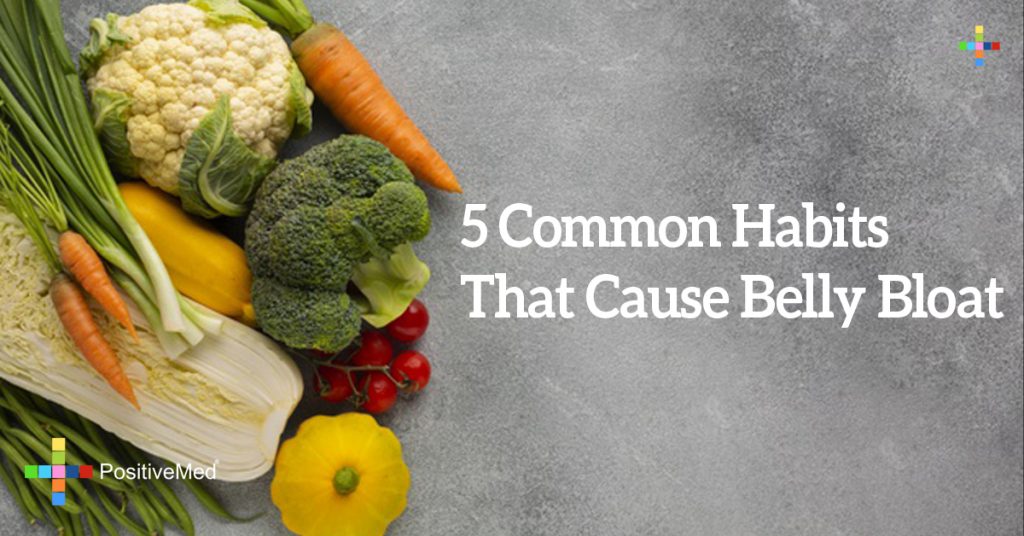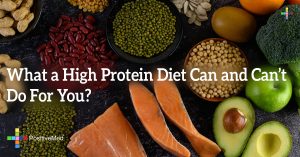
5 Common Habits That Cause Belly Bloat
[nextpage title=”…”]
Experiencing bloating during the day makes clothing tight and uncomfortable and can produce a feeling of lethargy. Certain foods and drinks can contribute to abdominal distention, and being aware of the culprits can help individuals avoid the triggers that lead to swelling.

Carbonated Drinks
The bubbles in soft drinks that are caused by added carbonation are gases that build up in the stomach, travel to the intestines and cause abdominal bloating. In addition, if soft drinks are consumed by using a straw, more air is typically swallowed than normal which further contributes to distention.
Cruciferous Vegetables
A major contributor to gas production in the intestines that leads to abdominal swelling is eating raw, cruciferous vegetables. They should be eaten sparingly if bloating is a problem, and sometimes steaming them before consumption helps reduce distention.
Examples include:
RELATED ARTICLE: 8 Tricks To Beat The Bloated Belly In NO Time!
[/nextpage] [nextpage title=”…”]
Broccoli
Cauliflower
Kale
Brussels sprouts
Chewing Gum
The process of chewing gum causes individuals to swallow more than usual which results in ingesting excessive amounts of air. If abdominal bloating becomes a problem, it may be wise to cut down on the gum habit, or drink water while chewing to help move the air through the digestive system.
Excessive Sodium
Too much salt in the diet can contribute to excessive distention. During osmosis, water is attracted to salt and gravitates to it. When heavily salted food travels through the digestive system, water is pulled into the intestines and causes bloating.
Eating too Quickly
Many of us feel rushed during the day and quickly stuff ourselves with a fast meal, so we can get back to work. Unfortunately, eating rapidly can cause bloating in two different ways. Primarily, rushing through a meal causes an excessive amount of air to be swallowed that becomes trapped in the stomach and intestines which results in swelling. Secondly, when individuals eat too fast, they eat too much. The brain is somewhat delayed in sending a “full” signal, and a large amount of food can be consumed before an individual feels satisfied.
[/nextpage]





